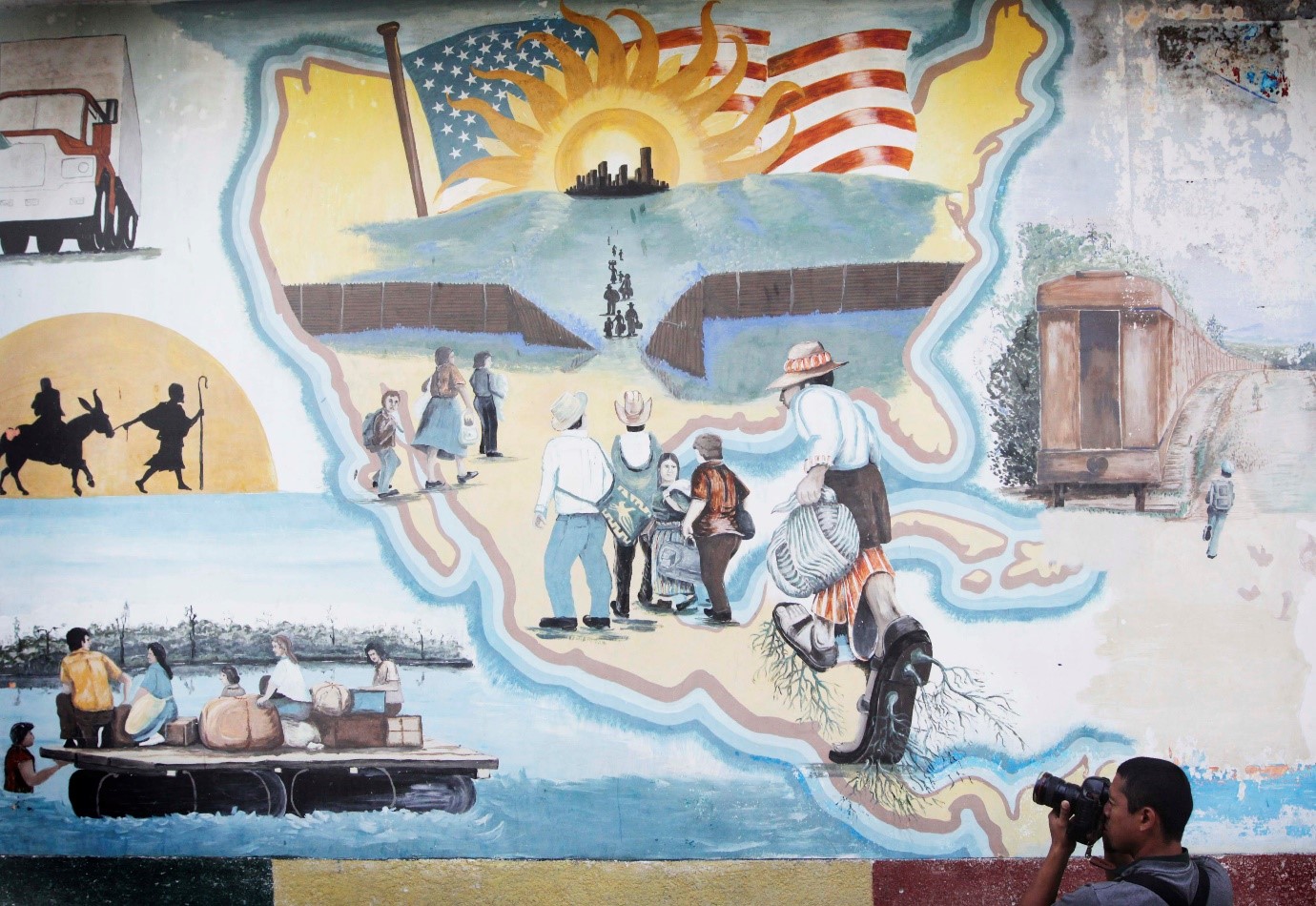April 2019
 Andrea Zellhuber, Thematic advisor violence prevention, terre des hommes schweiz, Basel, Switzerland │ Andrea.Zellhuber@terredeshommes.ch
Andrea Zellhuber, Thematic advisor violence prevention, terre des hommes schweiz, Basel, Switzerland │ Andrea.Zellhuber@terredeshommes.ch

In recent years, many young people and children from Central America have been trying to reach the United States (US) through Mexico due to increased violence in the region. The journey is full of risks and some children do not make it. With the current US administration policy, even when children and young people do reach the US border with Mexico, they are often detained and deported to their country of origin. After deportation from the US, many children feel hopeless, frustrated and angry once back in their country of origin in Central America. Without systematic support for their reintegration and with limited economic prospects, children are at a higher risk of becoming involved in drug trafficking or being recruited into armed gangs.
La Asociación de Capacitación e Investigación para la Salud Mental (ACISAM), supported by Terre des Hommes (Switzerland and Germany) works with youth who have been deported from the US to El Salvador. The young people are usually initially reluctant to engage with the organisation. After being rejected so many times in life, they struggle to trust people and organisations. They can also feel paralysed from the fear and distress they have experienced in their past. ACISAM recognizes this and works hard to gain the trust of these young people, adopting a gradual approach, and tailoring services to the situation and needs of each individual young person.
Before starting to offer these services, ACISAM conducted a participatory research with young returnees to better understand their situation and needs. Through these stories, ACISAM learnt that children and young people not only feel frustrated and lack services and support when they return to their country of origin, but they also risk further stigma and harassment within their own community. Deportation can be perceived by others in the community as a failure or indicative of being engaged in criminal behaviour as one young person explained:
“When we arrived at the airport I saw a lot of cameras. I thought wow, we are famous.
But then the journalists asked me why I was deported, what crime I had committed. And
another one asked me which gang I was part of. From the start they had condemned me.”
Based on the findings of this participative research, ACISAM decided that, in addition to providing psychosocial support to young people who have been returned, it would also help their communities and the media to understand what these children are going through and to recognize and live up to their role in supporting them. Evidence from the programme’s intervention demonstrates that community members show solidarity and support to the child when they understand what pushed him or her to migrate and the violence and discrimination he or she suffered on the way to and upon reaching the US.
Some of the young people have benefited from various community support projects, such as small income generating activities. ACISAM has documented these good practices at community level and shares them with other communities which are willing to support young people. The organisation is also planning to work with media outlets, to educate them about reporting ethically about migration and advocating for the rights of young migrants.
The psychosocial support provided by ACISAM, the solidarity shown by the community and the income generating activities have all helped many of the children to begin the process of dealing with and moving past the trauma they have faced in the past. As one young person said:
“Now I feel taken seriously; it gives me hope to go on. I did not believe that there were
opportunities for youth here. I felt abandoned but now I realize that there is still a
chance to succeed.”
The approaches used by ACISAM are documented in this video:
Related resources
https://destination-unknown.org/making-life-better-for-children-on-the-move-promising-practices-for-working-with-and-supporting-children-on-the-move/
https://destination-unknown.org/wp-content/uploads/destination-unknown-web-28012019.pdf
https://www.terredeshommesschweiz.ch/de/wir_tun/kampagnen/du/du_zentralamerika/
